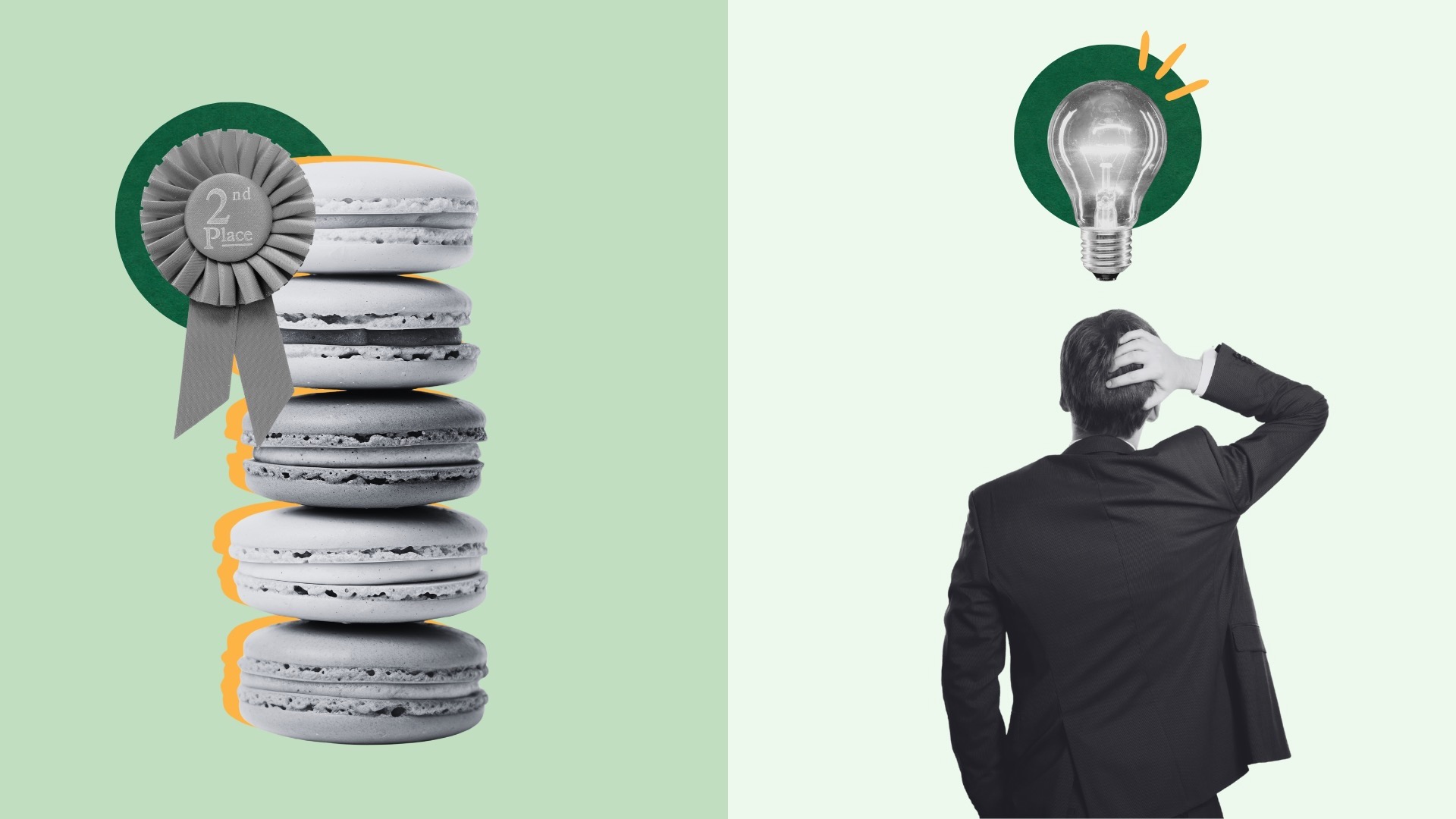It was the week leading into Christmas when British Telecom (BT) informed us they were inviting Digital Link and another vendor for a bake-off for a large opportunity for the expansion of their Network. Customers often want to compare. Our VP of product development went with the salesperson in front of the customer. I remember that well because Dan was still on the flight back home on Christmas Eve.
The bake-off gave BT more clarity on its own decision-making process. There must be many criteria for them to make a choice, which they did not disclose. It was not a straightforward pitch as BT needed an added function to be able to indicate when the network quality was deteriorating, meaning data was getting corrupted due to noise on the line, and a few extra bells and whistles. Our VP of sales was the best salesperson for such situations. He was a good listener. The customer also knows that there will be initial glitches in the product and the vendor’s responsiveness is important to them.
We won for all those reasons and the account.
Comparisons also help overcome our own inherent biases. When we have to produce a side-by-side analysis of the bakeoff, for our boss, we become more rational, as a result. Comparison is another name for the competition. Competition is healthy for free markets. Competition, whether in a market or a bake-off, can also drive technology advancements.
My company, Digital Link, also had to choose whether to put our R&D resources into one large potential customer or create a product for the general marketplace. It has its own risks and rewards. We welcomed the bakeoff, as customer invariably spills the beans and tell you a bit more about your competition. It is important to learn what the market is thinking about future trends.
That was an important win for the company, as we could leverage BT account into other large telecom careers. Digital Link story in that respect is not unique. What is unique is the declared bakeoff the customer chose to do.
When we consider alternative ideas we are stretching our thinking and analysis, resulting in perhaps more practical and creative alternatives.
When I was starting the company with my partner, the first challenge was what product to make. My partner and I were both engineers. We evaluated two different product ideas. Had there been two marketers they may have looked at two different markets. We were not as savvy then. Market driven approach sounds superior but we humans lack the crystal ball to make accurate future-market predictions.
In any case we had one idea which we were excited about, which was to make a larger system-level product, an area familiar to us, and that would have gotten our engineering juices flowing. But we had to bite our pride and instead decided to develop a much simpler box-level product because it could have been done with our own resources, just within 3 months, before we ran out of money. The simple box product won.
The box-level standalone product was for the internet market which 8 years later helped take Digital Link public. The other complex product was a similar product that my original company BNR had been working for the last 7-8 years. It was in an office phone communication system – in an established market. But with the simpleton product idea, even if the market — internet name did not exist then — did not grow that rapidly, we were more comfortable we could make some sales, by leveraging the ‘Northern Telecom complimentary product pitch’. They were a brand and we were a startup. With some success and money in the bank, we had a higher chance of getting Venture capital money for another product in another market. Or so we thought.
Two alternatives in this case turned out to be the risk mitigation.
In my analysis, we make better decisions when we have two ideas or alternatives, and we pour all our might in a 360-degree review of both alternatives. More than two choices could be an overload and also prolong the decision-making process when the opportunity could run away from us, as the markets have moved. In technology, better decisions but also moving quickly yield superior results. Limit your alternatives to two. Not more, Not less. It’s a recipe for ensuring you have options while keeping you focused and nimble.


4 responses
Always you must have choices!
Good way to think as you said.
"Limit your alternatives to two. Not more, Not less."
That is a very powerful decision-making strategy because our brains are best equipped to compare exactly two alternatives at a time. However, we can extend this concept to situations where we have more than two alternatives. Suppose you want to buy a car and there are dozens of models to choose from. What do you do? Here is a simplified explanation of the concept (akin to a binary search):
First ask: Do I want an EV or a gas car? Compare the pros and cons of each type and choose one type. Then ask: Do I want a sedan or an SUV? Again pick one and narrow down the choices. Next ask: Do I want a domestic model or an import? And so on. Finally, you should be down to two car models which you can compare in much greater detail (and test drive as well).
Occasionally, a detailed comparison of the two car models may reveal something that may force you to revisit your answer to an earlier question (e.g., electric vs. gas car). But you can still use this basic strategy of comparing exactly two alternatives at a time even when there are many more alternatives.
Very perceptive observation, Vijay.